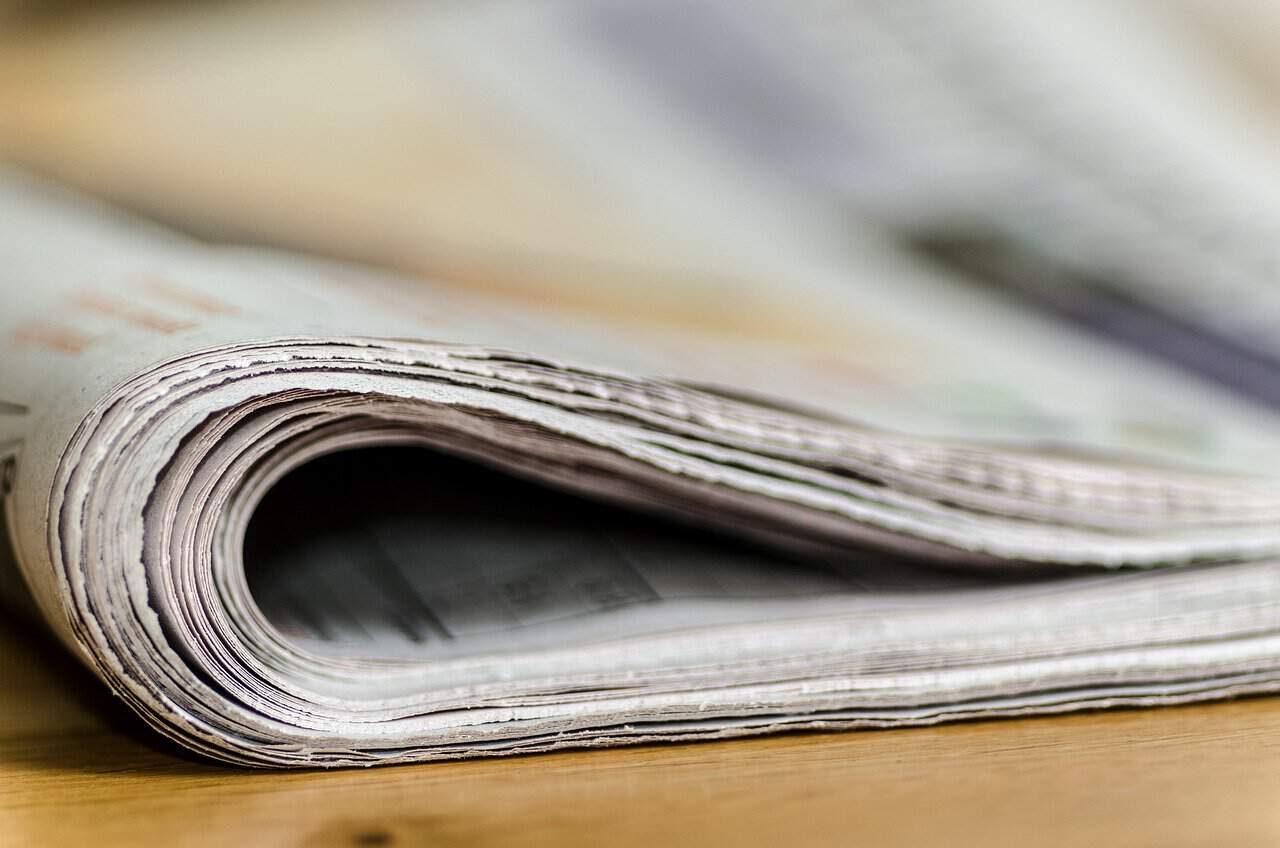The Inter American Press Association (IAPA) expressed its concern and disapproval over the decision of Kölbi, the commercial brand of the Costa Rican Electricity Institute (ICE), to withdraw its advertising from the program El Chinamo, produced by local media company Teletica.
Kölbi’s action was announced in disagreement with the content of the section “El Chinaoke,” a space that critically satirizes various aspects of national problems. Its format, based on musical parodies, employs humor and irony to discuss the topics covered. The segment, which has addressed issues such as the insecurity crisis, the rising cost of living, and allegations of corruption, uses critical humor and satire to highlight realities affecting the Costa Rican population.
Kölbi’s rationale for withdrawing the advertisement is based on the assertion that such content is “not in line with the values” of the brand, which it claims does not wish to be associated with “situations in which violence is implicitly or explicitly promoted or exposed, discrimination, crime, or parody of the suffering of victims.”
The administration of President Chaves has spoken out against the criticism expressed by the program. However, this type of satire has been a fundamental aspect of the program for many years, regardless of the government and politicians in power.
“The decision not only constitutes an act of indirect censorship but also represents state interference in the editorial line of the media, contrary to democratic principles and freedom of expression,” said IAPA President José Roberto Dutriz.
The measure, to which Banco Popular—whose board of directors is controlled by the Executive Branch—adhered, contravenes Principle 6 of the IAPA’s Declaration of Chapultepec, which states that “the media and journalists should not be discriminated against or favored because of what they write or say,” and Principle 7, which warns that “the granting or suppression of government advertising should not be used to reward or punish the media or journalists.”
Carlos Jornet, second vice-president of the IAPA and chairman of the organization’s Committee on Freedom of the Press and Information, stated that “it is concerning that the measure resembles practices of authoritarian governments, where public resources are used to manipulate editorial lines.”






